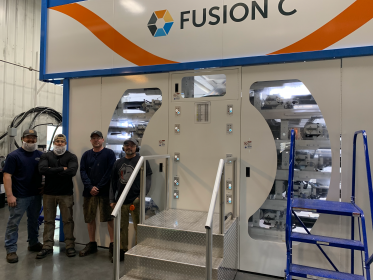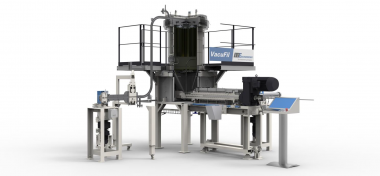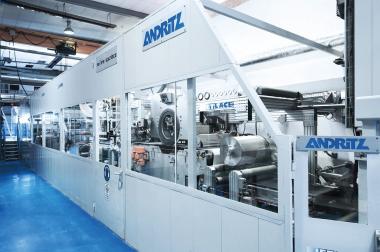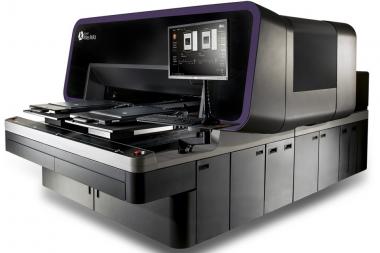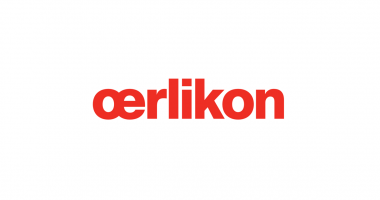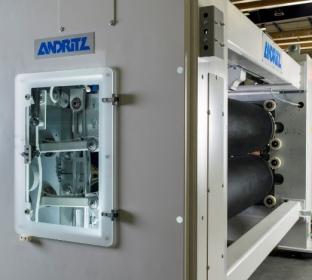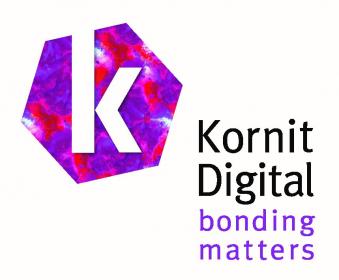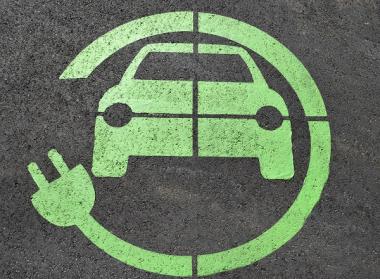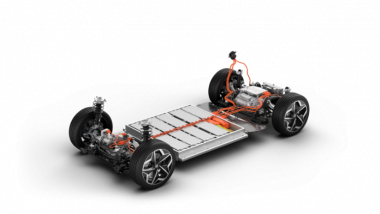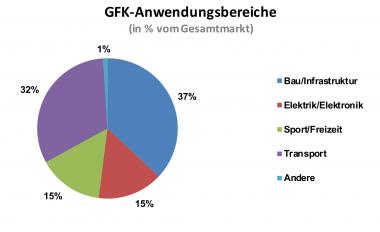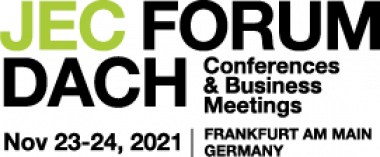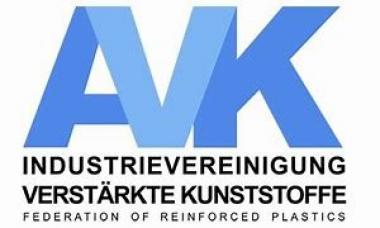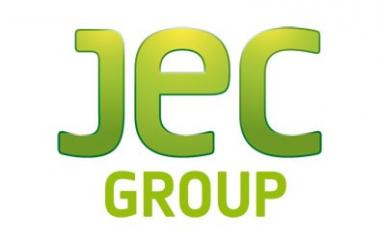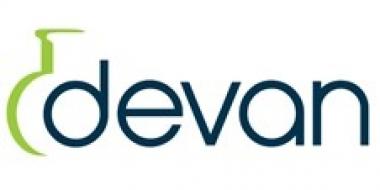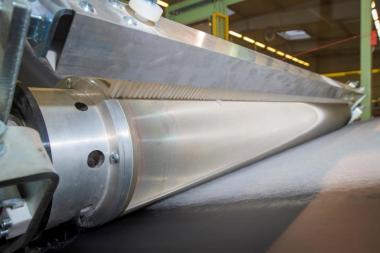More than 1,000 companies to exhibit at JEC Composites Connect
On June 1-2, 2021, JEC Composites Connect, the first round-the-clock digital event of the composites industry, will host significant industry players, enabling participants to discover their latest innovations. Three competitions the JEC Composites Challenge, the JEC Composites Startup Booster, and the famous JEC Composites Innovation Award, will also put the spotlights on the most innovative solutions and products this year
Key Figures
More than 1,000 companies from all the composites value chain spanning 46 countries will participate, network, and present their latest products on their digital booths.
Exhibitor’s breakdown by industrial sector :
- Raw materials
- Intermediate products
- Equipment, tools, and ancillary products
- Distribution, agents, and representation
- Third parties, services, engineering, and R&D
- Composite’s part producers and processors
- Composite’s end-users and integrators
Highlighting excellence and innovation
JEC Composites connect will also be the place to promote the composites sector’s biggest innovative projects. Many product launches are expected to be announced over the two days of the show, evidences a solidly dynamic sector led by high-performance and environmentally friendly innovations.
Among which 65 product launches are listed in the 2021 Innovation Report: from Raw materials, Intermediates and Ancillary, R&D to Production and Equipment, including Simulation and Measurement and Services.
Competitions and awards ceremonies
The JEC Composites Challenge will give the floor to ten young researchers from around the world on June 2nd at 12pm CEST. They will have five minutes to convince a panel of judges composed of leading industrial players in the composites sector. The competition builds bridges between research and industry and is a highlight of the event.
The 2021 JEC Composites Startup Booster has a line-up of 20 finalists who will pitch during two live sessions on June 1st from 10:30 am to 11:30 am and from 5 pm to 6 pm CEST. The 2021 JEC Composites Innovation Awards will celebrate the most innovative composites projects and fruitful collaborations between different value chain players in 2021.
JEC Group






